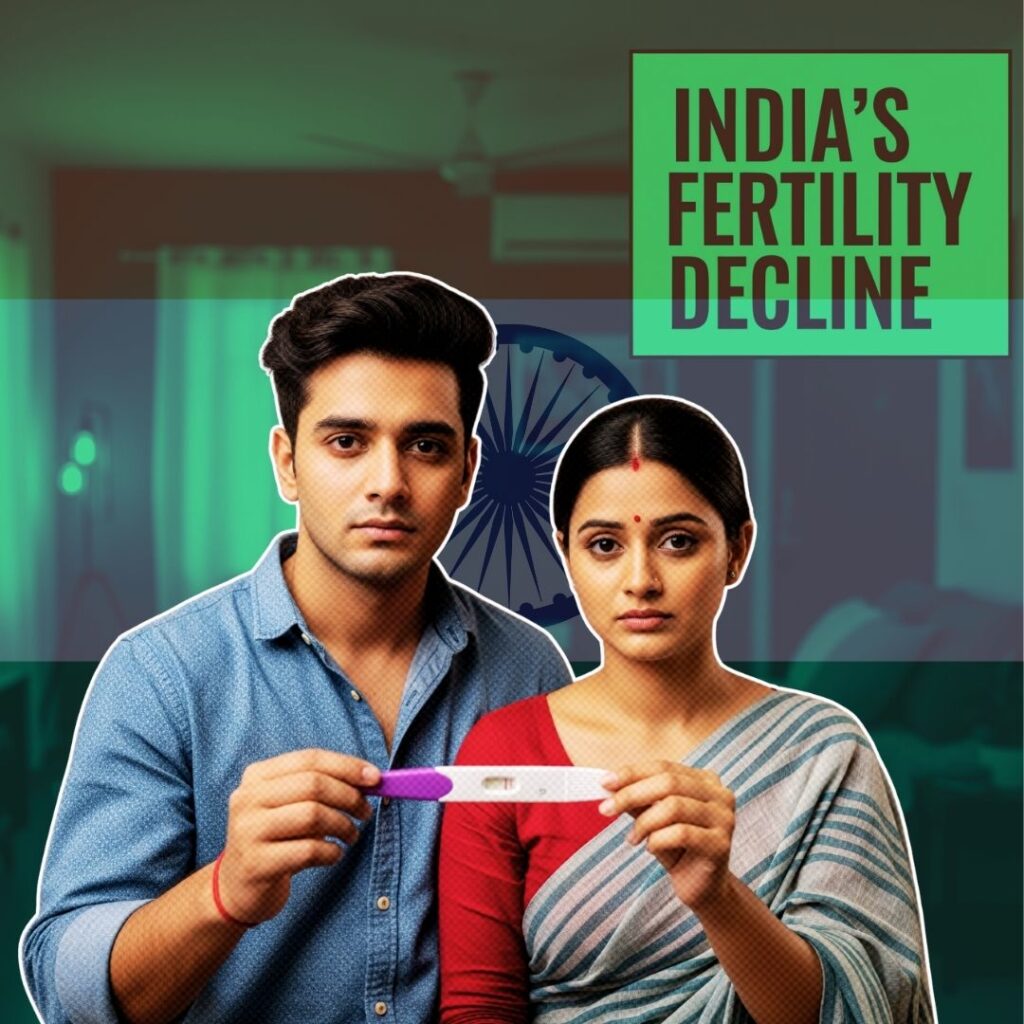The 15th Finance Commission formed in November last year has since been a matter of contention among the Southern States. Tasked with deciding how taxes are to be shared between different States, the commission has been told to use the 2011 census data as parameter instead of the 1971 census.
What does this imply?
An important criterion to decide how much taxes should be devolved to a State is population. According to the 1971 census, India’s population was around 55 crore. By 2011, this number rose to more than double – 121 crore.
The higher the population of a State, the more revenue it receives.
However, population is not a parameter that can be used to assess growth. Higher population of a State generally means that it has failed to curb population growth through sectors such as education and health. Devolving more taxes to these States would mean rewarding underdevelopment.
A growing North
Between 1971 and 2011, population growth in the Southern States has been controlled to a large extent, however, the North has been growing unremitted.
Data from the National Family Health Survey – 4 (NHFS-4) 2015-16 shows that fertility rate in all Southern States is lower than the replacement rate (i.e., the amount of fertility needed to keep a population stable – neither an increase nor a decrease over generations). This means that in the South, fewer babies are being born than people dying.
Contrastingly, just two northern states – Uttar Pradesh and Bihar – account for a quarter of India’s population.
(function(d, s, id) { var js, fjs = d.getElementsByTagName(s)[0]; if (d.getElementById(id)) return; js = d.createElement(s); js.id = id; js.src = ‘https://web.archive.org/web/20201030020851/https://connect.facebook.net/en_US/sdk.js#xfbml=1&version=v2.12’; fjs.parentNode.insertBefore(js, fjs);}(document, ‘script’, ‘facebook-jssdk’));
SOUTH INDIA BEING SQUEEZED OUT. JAYEN THO JAYEN KAHAN?’That India has a population problem is a truism every…
Posted by Mohan Guruswamy on Friday, January 19, 2018
South gives more revenue to the country than the North
It is a fact that Southern States have developed more over the years thus, poorer Northern States contribute less money to the central exchequer. This is akin to Income Tax where the rich need to pay more and the poor, less.
Yes, poorer States need more money to uplift itself but there are policy reasons for why some States are poorer than others. The governments of the Southern States need to be accredited for bringing in better development policies for its citizens.
20% of India’s population contributes 30% of the country’s tax revenue. The South also delivers a fourth of India’s GDP.
A fifth of the country’s population sponsors nearly a third of its tax revenues but gets a paltry 18% of the funds allocated from the Centre. And this was when 2011 census was used as parameter.
South’s response
Karnataka CM Siddaramaiah said that UP receives Rs 1.79 from the central government, while Karnataka receives Rs 0.47. This gap will be further increased if the 2011 census is used to distribute taxes.
Center asks 15th FC to use 2011 census data instead of 1971 census used so far to determine devolution of taxes. This will further affect the interests of the south:we need to resist. @CMOKerala @CMOTamilNadu @ncbn @TelanganaCMO @Dev_Fadnavis @CMPuducherry https://t.co/6EoDp0xClh
— Siddaramaiah (@siddaramaiah) March 23, 2018
Andhra Pradesh, Telangana and Kerala have also questioned the 15th FC. Andhra CM Chandrababu Naidu on March 13 accused the Modi government of diverting tax revenues collected from the South to fund development projects in the North, reported Firstpost. Kerala finance minister Thomas Isaac has called for a meeting of the Southern States on April 10 to discuss the matter.
DMK leader MK Stalin wrote a letter to 10 chief ministers urging them to jointly fight the Centre over the 15th FC.
Congress MP Shashi Tharoor told The News Minute, “The question of the weightage that is given to the population is actually a very relevant question because it says if you take into account various factors in allocating central resources, population should be given a modest weightage because the larger population is actually an evidence of government failure. It should not become a virtue. I think that’s the main concern. When we speak in terms of incentives, no state will have an incentive to have enlightened and progressive policies when it comes to the population if the consequence of that is that it ends up paying a heavy financial price when central taxes are apportioned.”
Centre’s response
Subhash Chandra Garg, Secretary of the Department of Economic Affairs, Ministry of Finance, made a statement on Monday, justifying the use of the 2011 census figures in the 15th Finance Commission.
He said, as reported by The News Minute, the Terms of Reference of the 15th FC clearly state that “wherever any year is to be used for the purpose of popul…











